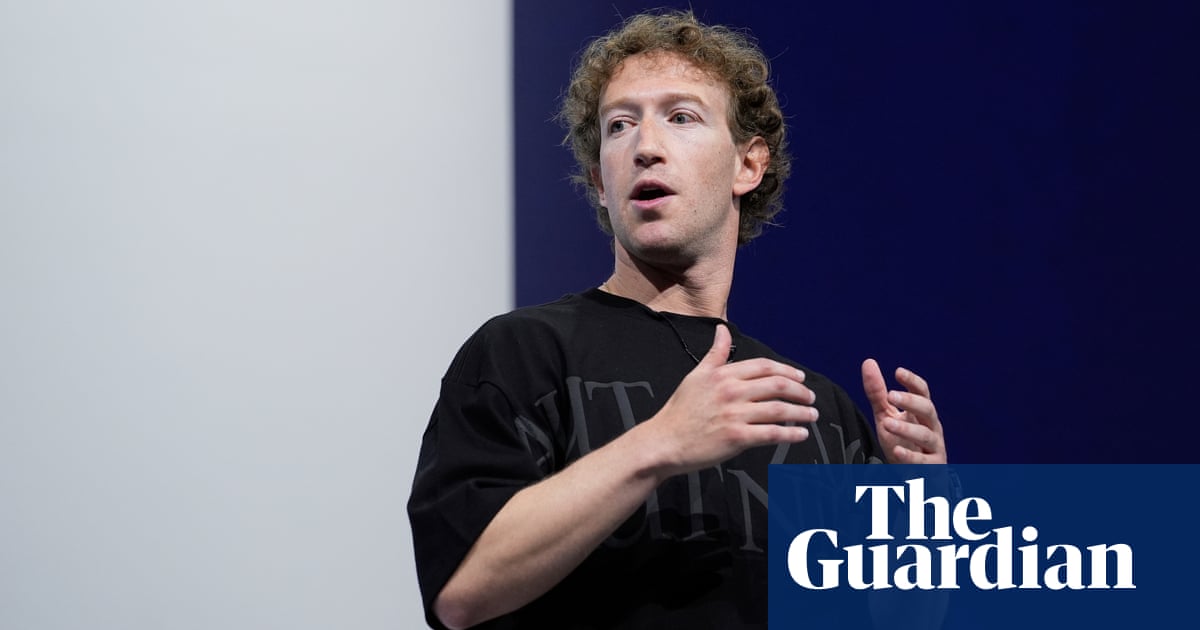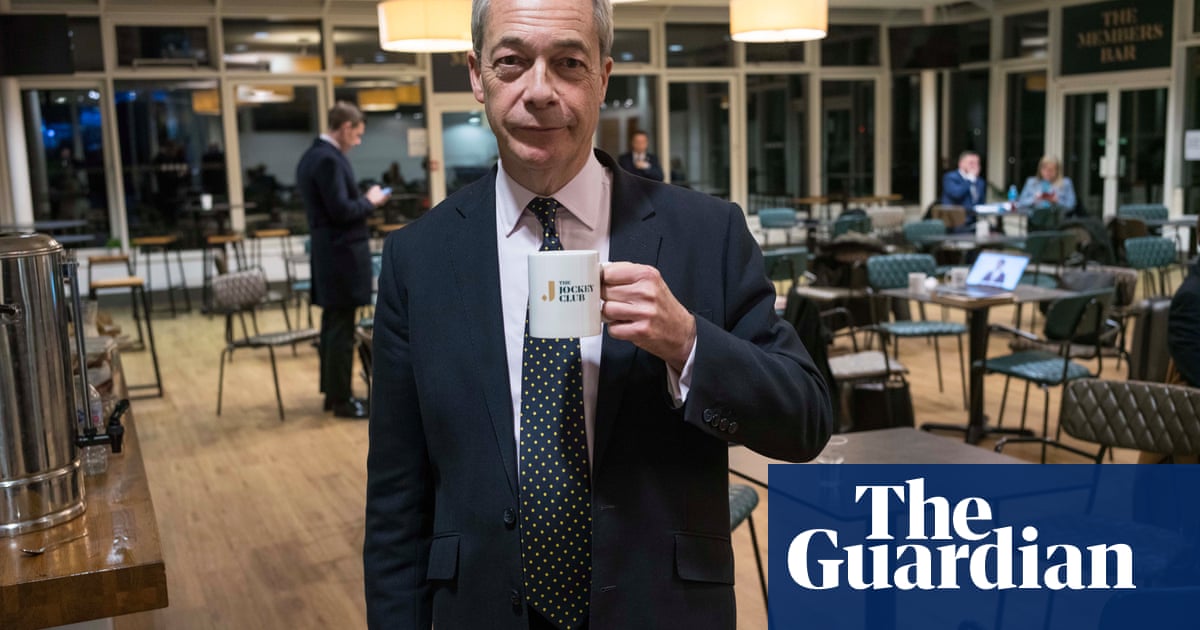Everyone has their own special way of grieving. Mine turned my life upside down.
On 26 November 2014, two days after the funeral of my father, I sent a slightly unhinged email to the Observer saying there was a piece “I want (need) to write… My very lovely and beloved father died two weeks ago, after a long and distressing time suffering from dementia. He had been in gradual decline for more than a decade but went into hospital in February, and while there seemed to go off a cliff: his deterioration was catastrophic and when he came out a few weeks later he was emaciated to the point of starvation, immobile, bed bound, incapable of stringing words together, hardly able to recognise anyone.”
For the five weeks my father was in hospital we had barely been allowed to see him because of an outbreak of norovirus on his ward. No one to tend to him, feed him, hold his hand, stroke his silver hair, say his name, smile, tell him they loved him, keep him tethered to the world that he had lived in so long and so well. He must have felt bewildered, distressed, abandoned. He came home like a ghost, and his last nine months was a period of slow-motion dying.
All these years on, it still wrenches my heart to think of it. I was, I wrote in the email, intending to start a campaign that would insist, very simply, that the carers of those with dementia have the same rights as parents of sick children to accompany them when in hospital. Of course, I see now that I wanted to rescue my father, who was beyond rescue; I wanted him to forgive me (because I couldn’t find the way to forgive myself).
The Observer has a long and honourable tradition of campaigning, including the abolition of capital punishment and – after research by psychologist John Bowlby into “separation anxiety” – the campaign for unrestricted visiting of children by their parents in hospital. Under its humane agenda, words can become action. Many thousands of readers responded to the piece the paper generously carried, saying: this happened to my wife, husband, parent, loved one too. My father’s name was John. The campaign I founded with my friend, the unstoppable Julia Jones, is John’s Campaign.
We believed it would be a brief affair; after all, who with a shred of compassion could disagree with our simple demand that those who are frail and cognitively impaired have the right to be accompanied by the people who know them best and love them the most at their time of greatest need?
But 10 years on, Julia and I are still here, both of us now parentless and on the frontline ourselves; and so, to our occasional bafflement and anger that it remains necessary, is John’s Campaign.
It is not a charity or an organisation; no money is involved, no bureaucracy, no staff (though sometimes people ask to speak to our nonexistent PA). It is a movement, and we are accountable only to those people whose rights we advocate. I look back on that decade, and think of it in stages.
We started with the hospitals. In the first intense months, we learned what we should have known anyway: there is no magic key, no single door that would swing open on to a kinder world. Instead, there are hundreds and thousands of smaller doors, each one needing a push. Gradually, as we travelled the country arguing our case, carers, nurses, doctors, organisers, charity workers, policymakers joined us. Nurses became our ambassadors. The Observer remained our platform, hub and safe place, without which we could never have succeeded. We progressed ward by ward, until every acute hospital in England had pledged itself to the campaign’s principles.
But then there were the care homes, some of which were regulating visits and turning away family members at will, making the word “home” bleakly ironic. Now John’s Campaign was no longer simply about the narrow right of someone with dementia to be accompanied when in hospital, but the broad and unequivocal right of anyone with a special need to be accompanied in any setting. It’s about keeping people connected; about our belief that the state must not have the power to put asunder those who are intimately bound together; about selfhood; about the healing power of love.
Julia and I used to joke about reaching the “sunny uplands” – by which we meant the successful end of the campaign. We thought we could see it ahead of us, like the Emerald City. Then came the pandemic, and everything we’d painstakingly and incrementally achieved was swept away like topsoil in a flood, and we witnessed separation, suffering and the violation of human rights on a mass scale.
How as a country could we allow the agency and rights of a whole section of people to be so trampled on, even as the rest of us were permitted to return to a kind of normality? Frail people in care homes not seeing those they loved for many months, even as much as a year; or seeing them through a window or on a screen, often a special kind of torture. Not understanding why they had been abandoned. Turning their face to the wall (deaths unrelated to Covid spiked during this period; it seems your heart really can break). People dying alone, or relatives summoned only once they were unconscious. The normalisation of a bureaucratic cruelty. A gross and careless blindness to those who should be treated with the greatest care, respect and delicacy. The guilt and helplessness of families; their anguish and their unresolved trauma. Hot rage, pure sadness.
after newsletter promotion
During this period, John’s Campaign was in what felt like continuous legal dispute with the government over its guidance for care homes and in hospitals. Our success was meagre, like small shuffles forward in a vast landscape of wreckage. And even now, when that damage is so clear, it could happen again, which is why John’s Campaign (the tireless Julia Jones, to be precise) is a key participant in the Covid inquiry, and why, alongside campaign groups Rights for Residents and Care Rights UK, we are working to have the right to a care supporter enshrined in law.
The draft bill has been drawn up, and it could be simple and swift – a clause inserted into the National Health Service Act 2006, right after section 242A. It would be a win-win, the thin end of a moral wedge, a triumph for common sense and compassion, a way of returning power to individuals who have in the past been stripped of power and dignity, a recognition in dry and legal language of the transformative power of love, and a way of saying Never Again.
So why is it not yet happening? For the same reason, I suppose, that John’s Campaign is still here after 10 long years. Because change is hard and painfully slow. But time presses. The clock ticks for each of us, though we may try not to hear it. We are all for the dark. If we are lucky, we will get old, and likely become frail and helpless in our turn, dependent on others as others have depended on us. We are at each other’s mercy – which at its essence is what John’s Campaign is about: being mortal, being human, being there.

.png) 2 months ago
22
2 months ago
22













































